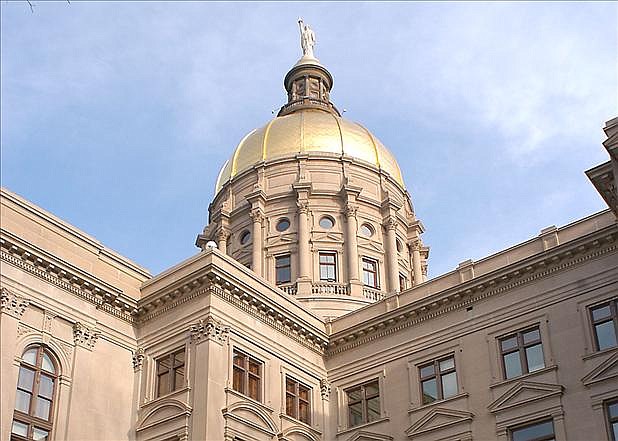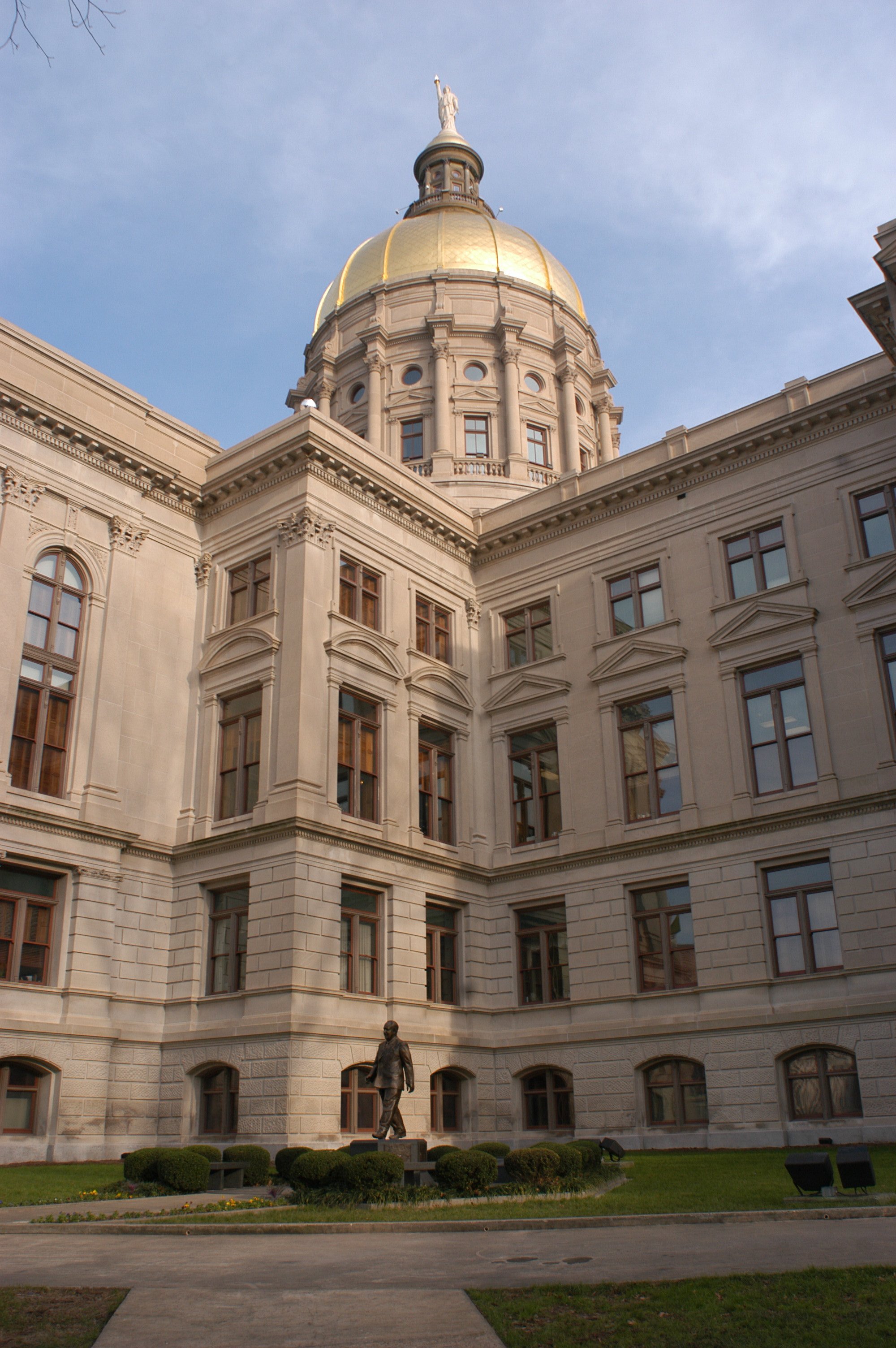SAVANNAH, Ga. - Revisions to a 2011 tax break aimed at boosting Georgia tourism are closer to becoming law after legislators made a big change by removing the governor's direct role in awarding the incentives.
The Georgia Tourism Development Act, which offers hefty tax rebates for building tourist attractions, was signed into law two years ago but remains unavailable to developers. State agencies responsible for implementing the tax break told lawmakers they needed to go back and fix technical problems before the rebates could be offered.
House lawmakers approved the changes 148-19 Thursday. The measure's sponsor, Republican Rep. Ron Stephens, of Savannah, said he expects similar support in the Senate, which still must approve the revisions. He emphasized that, unlike many tax incentives, the tourism tax break doesn't give attraction developers any money upfront.
"You don't get a dime from this until you invest the dollars and the turnstiles start turning," said Stephens, chairman of the House Economic Development and Tourism Committee. "You've got to build it first."
Designed after a similar law in Kentucky, the Georgia measure allows approved projects -- new museums, water parks, convention hotels and other tourism magnets -- to keep a portion of the sales taxes they collect for 10 years.
But the law also had its quirks. One glaring example: The law as it stands now requires the governor to make the final decision on which projects get approved for the rebate. No other tax break in Georgia requires that.
Stephens had defended the provision, saying it added transparency and accountability. But he said House leaders didn't like the requirement, and legislative attorneys warned it might not be constitutional.
Before it went to the full House for a vote, the measure was amended to require approval of the tax break by two agency heads -- the commissioners of the Department of Community Affairs and the Department of Economic Development. That's also unusual.
"The extra scrutiny is warranted," Stephens said, noting that tourist attractions costing as little as $1 million were allowed to qualify for the tax rebates to win support from rural lawmakers in 2011.
Gov. Nathan Deal's spokesman, Brian Robinson, said the governor had agreed to the change eliminating his direct role in awarding the rebates.
Another major change approved by the House deals with how local governments would pay their share of the tax rebates.
Under the existing law, local governments would receive less sales tax revenue for things such as schools because some of the money would be kept by tourist attractions. Agencies warned that creates a problem when dealing with penny sales taxes approved by voters, because the state has no legal authority to rebate that money.
The revisions approved by the House ensure local governments keep their sales taxes. Instead, cities and counties will have to offer other financial incentives to cover their share of the rebates.
Rep. Jeff Chapman, R-Brunswick, said he voted against the tax rebate because he thinks the state should spend more on education and public safety than what he called "giveaways" to private companies with no guarantee the state ultimately will benefit.
"Here we are giving millions of dollars of rebates in taxes on a theory that we assume they're going to create jobs," Chapman said.

